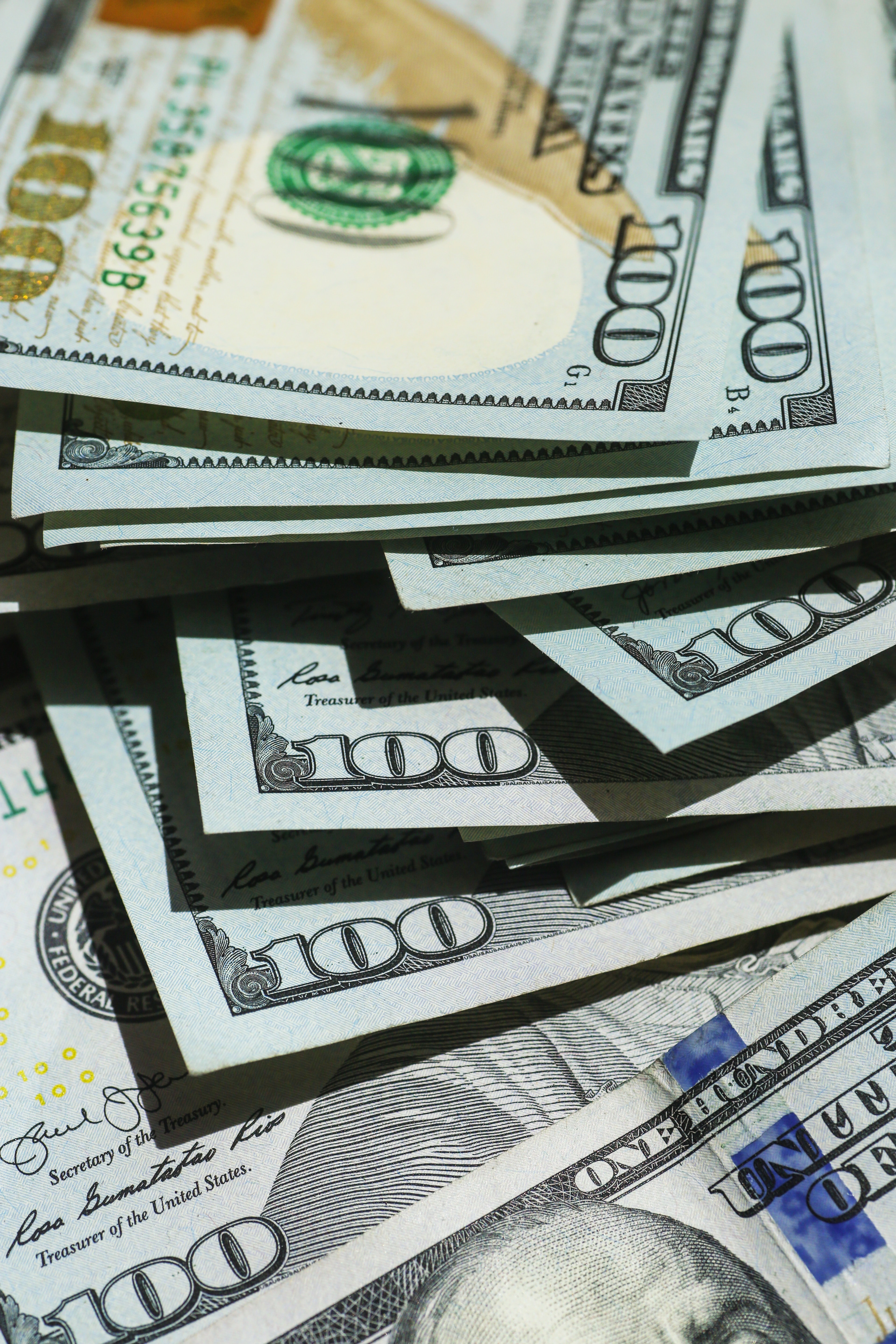Millions of workers in the United States could receive $15 federal minimum wage

Millions of workers in the US are potentially going to get a pay rise as Democrats are looking to pass a $15 federal minimum wage without support from the Republican party. Since 2009 the federal minimum wage has been set at $7.25 and now both President Joe Biden’s American Rescue Plan and the new Raise the Wage Act can potentially gradually raise it to $15. The Raise the Wage Act predicts that the federal minimum wage will go up to $9.50 in 2021, and again up to $15 an hour by 2025. After that it is predicted that it will be indexed to median wages.
IZA World of Labor writer David Neumark has looked into what the effect of minimum wages is—when they are introduced or raised, are there fewer jobs? “If a higher minimum wage does not destroy jobs, then from the government’s perspective it is a 'free lunch' that helps reduce poverty, even if higher-income families also benefit,” he writes in his article.
In a call with reporters, Senator Bernie Sanders said that: “There ain’t nobody in America—not in the North, the South, the East or the West—who can survive on $7.25 an hour.” However, research by Charlene Marie Kalenkoski indicates that “minimum wages reduce employment opportunities for youths and create unemployment.” According to her article: “Instead of a minimum wage, policymakers should use less distortionary means to support young unskilled workers, such as cash or in-kind assistance.”
According to the data, workers in some states in the US will see a bigger increase. Those who have the lowest local wages, or are falling under the federal minimum wage, can potentially see some of the biggest jumps in pay. However, others may not see an increase at all, or won’t see one for years to come. That will be true for those in states that already have minimum wages that are much higher than the federal level.
Read David Neumark’s article Employment effects of minimum wages and Charlene Marie Kalenkoski’s article The effects of minimum wages on youth employment and income.